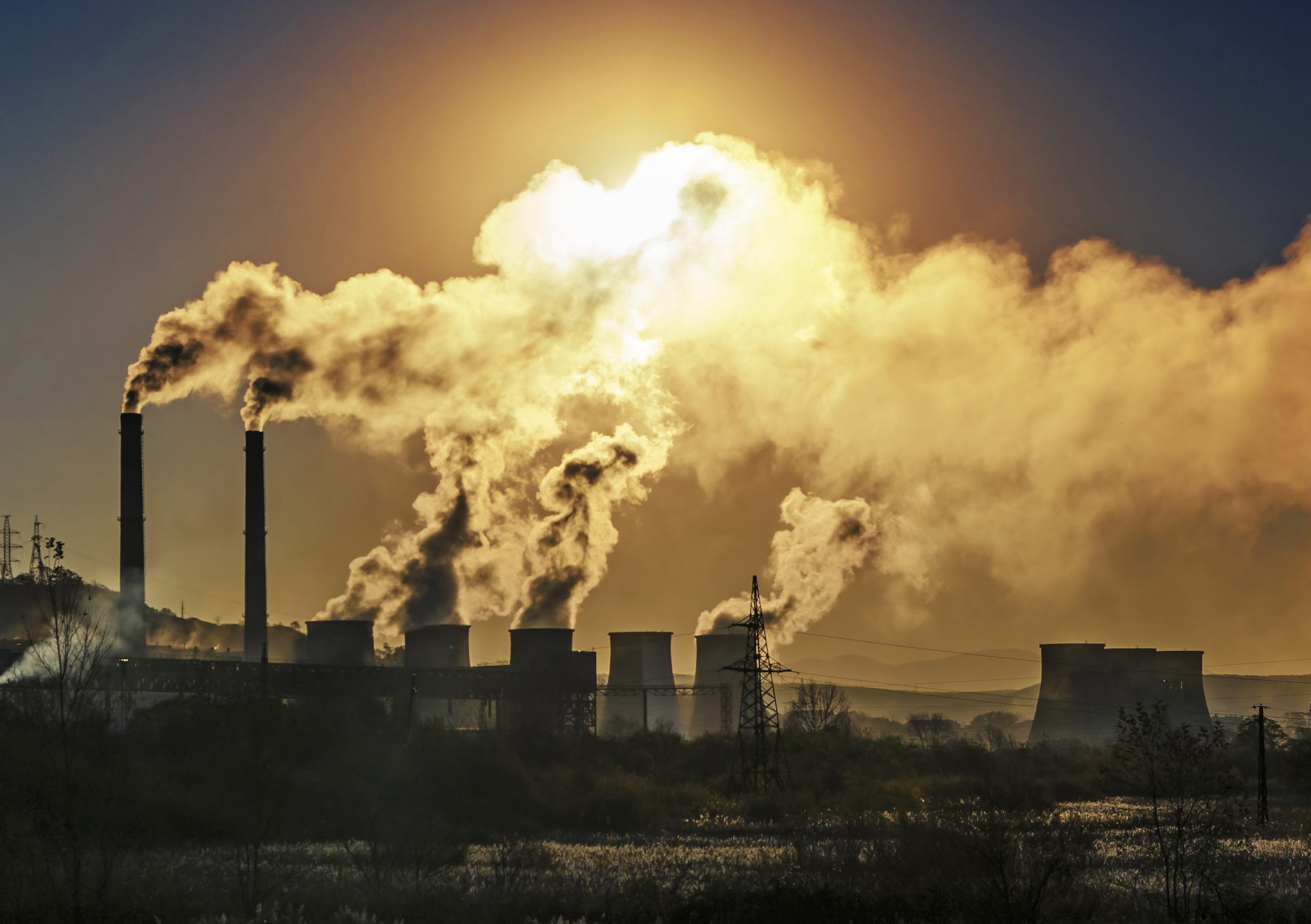
Human activity has altered the atmosphere’s seasonal cycles
The troposphere is the lowest region of our atmosphere, and is also the site of a newly identified human “fingerprint” on our planet’s atmosphere. Through using satellite data over recent decades, scientists have compiled evidence showing atmospheric changes due to manmade influences. In the troposphere, they have found that human-caused warming has significantly disturbed the season cycle of the temperature.
A new study from the American Association for the Advancement of Science led by Benjamin Santer details our influence on changes to the natural variability of local and seasonal cycles in our planet’s climate system. They do this through “fingerprint studies,” which are used to determine the anthropogenic effects on climate by isolating the effects of human activity from external factors that also affect the climate.
Most fingerprint studies rely on annual or decadal averages, or focus on the drivers for climate change in individual seasons. But this recent study used satellite measurements to assess a continuous and near-global record of tropospheric temperature over a period of 40 years, with the goal of identifying potential human influences on the Earth’s seasonal cycles. Results of this analysis, suggesting a manmade influence on the troposphere, were duplicated in model simulations that only featured anthropogenic forcing. This provides further evidence for the human influence on climate effects.
These effects include an increase in the amplitude of seasonal variability in tropospheric temperature over most of the planet, and most drastically in the mid-latitudes. This effect was even more noticeable for the northern hemisphere, where warming in the summertime is greater than in the winter – potentially due to increased summer drying of the land surface.
Along with these findings, the authors also highlight the importance of continuity and quality of satellite observations for understanding how we impact our climate moving forward.
—
By Connor Ertz, Earth.com Staff Writer













